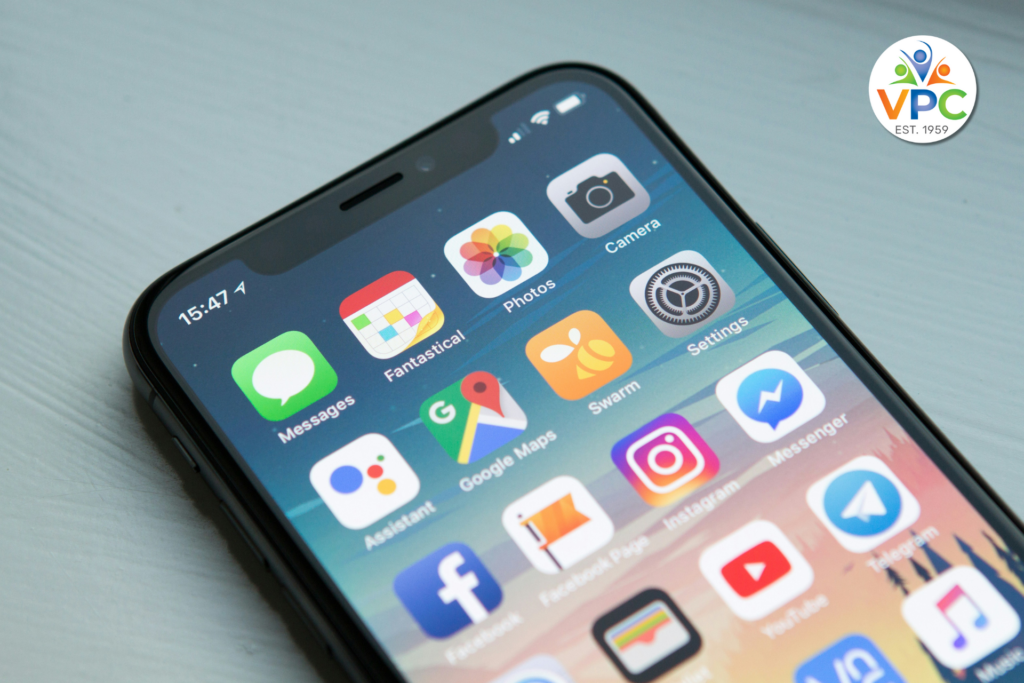
Opinion – SOCIAL MEDIA BANS FOR UNDER-16s: HELPFUL PROTECTION OR HARMFUL RESTRICTION?
As parents across Australia navigate the increasingly complex digital landscape our children inhabit, the Federal government’s proposed social media ban for under-16s has sparked significant debate. While protecting our children from online harms is a priority we all share, many are questioning whether a blanket ban is the most effective approach.
The Good Intentions Behind the Ban
The laws on Under 16’s social media bans come into effect later this year. Data provided by the E-safety commissioner point to trending exposure to harmful and undesirable content.
But is blocking access altogether the best way to support our kids? A growing body of research suggests there may be more effective and balanced approaches.( see references below).
Why Blanket Bans May Miss the Mark
Current evidence indicates that banning social media outright could create unintended consequences:
Digital literacy stagnation: How will young people develop essential skills to navigate online spaces if they’re completely excluded from them? Social media, when used appropriately, provides opportunities to practise critical thinking, identify misinformation, and understand digital citizenship.
Underground migration: Rather than eliminating risks, a ban may simply push young people towards less regulated platforms or encourage dishonesty about age verification. Removing access doesn’t remove curiosity.
Loss of positive connections: For many teenagers, particularly those with niche interests or from marginalised groups, social media provides valuable community support. Have you considered how these connections might benefit your child’s sense of belonging?
Educational limitations: Many schools now incorporate social platforms into their teaching approach. A ban could restrict access to collaborative learning tools, educational resources, and diverse perspectives that enrich understanding.
Balanced Approaches Worth Considering
Instead of all-or-nothing policies, more nuanced strategies are likely to be more effective:
- Education over prohibition: Teaching young people about privacy, digital footprints, and online safety builds resilience. Could educational programs that develop critical thinking skills offer better protection than outright bans?
- Guided experiences: Experts suggest parent-supervised introduction to social platforms can create teachable moments. What if we viewed social media as a skill to be coached rather than a danger to be avoided?
- Platform accountability: Demanding better safety features, age-appropriate content filters, and time management tools from tech companies addresses problems at their source.
Practical Tips for Victorian Parents
Ban or no ban, here are evidence-based approaches to supporting your child’s digital journey:
- Create family media agreements that establish clear boundaries around when, where, and how devices are used.
- Model healthy digital habits yourself – children learn more from what we do than what we say.
- Maintain open conversations about online experiences without judgment, so children feel comfortable discussing concerns.
- Co-browse initially with younger children to help them understand appropriate online behaviour.
- Use parental controls as a transitional tool, gradually reducing restrictions as children demonstrate responsibility.
As this debate continues, perhaps we should ask ourselves:
- Are we preparing children for the digital world they’ll inherit or merely delaying their inevitable entry into it?
- Could guided exposure develop stronger resilience than complete avoidance?
- What skills might our children miss developing if excluded from these spaces until 16?
What’s your perspective as a parent? Have you found effective ways to balance protection with preparation in your family’s approach to social media?
Remember, our goal isn’t just raising children safe from online harms, it’s raising digitally capable adults who can navigate online spaces responsibly and critically.
References
McAlister K, Beatty C, Smith-Caswell J, Yourell J, Huberty J; Social Media Use in Adolescents: Bans, Benefits, and Emotion Regulation Behaviors MIR Ment Health 2024;11:e64626 URL: https://mental.jmir.org/2024/1/e64626. DOI: 10.2196/64626
Zhang, Xiaohui and Wei, Zaiyan and Du, Qianzhou and Zhang, Zhongju, Social Media Moderation and Content Generation: Evidence from User Bans (May 2023). MIS Quarterly, forthcoming, Available at SSRN: https://ssrn.com/abstract=4089011 or http://dx.doi.org/10.2139/ssrn.4089011
Miller, A. C. (2022). #DictatorErdogan: How Social Media Bans Trigger Backlash. Political Communication, 39(6), 801–825. https://doi.org/10.1080/10584609.2022.2109084
Carah, N., (ed), Demaio, S., (ed), Holly, L., (ed), Kickbusch, I., (ed), & Williams, C., (ed). (2025). Beyond banning: Our digital world must be made safer for young people. Health Promotion Journal of Australia, 36(1), 1–3. https://search.informit.org/doi/10.3316/informit.T2025033100014791338630877
Jacqui Van de Velde
Jacqui brings over 30 years of experience in education, wellbeing, mental health, and community engagement, spanning both professional and volunteer roles. Her work has taken her across diverse contexts in Australia, and internationally where she has contributed to business, education, and community initiatives. Jacqui is a passionate trainer, speaker, and advocate, dedicated to fostering parent and family engagement, driving positive growth outcomes in education, and supporting professional learning networks and continuing education in the workplace. He
r expertise also extends to wellbeing, veteran health, and advocacy, where she works to create meaningful change.

